First, some facts about the octopus: It's everywhere... all over the world--in the deep sea, in the kelp forests, in the coral reefs, along the rocky shorelines. It's massive, and it's tiny. It's been around for millions of years. And it's wicked smart, especially when you consider the other members of the mollusk family: clams, oysters and snails.
What does this have to do with autism? Trust me, I'll get there. (I'm autistic.)
So, all the other species (dogs, cats, humans, dolphins) that are considered forms of "intelligent life" are vertebrates. In fact, most of them are mammals, and primates at that. These “intelligent life” vertebrates trace their common ancestors back 320 million years, probably to some kind of lizard. But when we go looking for the common ancestor that we share with the octopus, we have to go back more than twice as far... 600 million years, in fact. And the common ancestor was... wait for it... a flatworm.
What's my point?
My point is that, in the history of this planet, intelligent life actually evolved twice, in widely separated (vertebrate and invertebrate ) trunks of the family tree. And the point of this observation is to explain why the intelligence of the octopus is so insanely different from the intelligence of the vertebrates.
But… then there is the octopus, a form of intelligent life that is notoriously anti-social. The octopus does not bond with other octopuses, does not live or travel with them, and does not observe any kind of social hierarchy. It is a real loner. According to our theories of intelligence, it should actually be quite stupid... dumb as a snail, in fact. But the octopus has 500,000 neurons and the snail has only 20,000. The octopus is right up there with the pig, the dog, and the dolphin. Clearly there is a problem with our theories about the evolution of intelligence. Being social has no bearing on the development of intelligence.
And here we are. Autism is "characterized by difficulty in social interaction and communication." We are wired for resistance to social pressure. We are said to lack empathy, to have difficulty reading social cues, are oblivious to social hierarchies. We don't travel in packs. Are we missing out on evolutionary forces that generate intelligence? Or are we developing intelligence along a completely different axis, like the octopus?
One hundred and forty million years ago the lineage that produced the octopus lost its shell. This shell-less proto-octopus was way more nimble, way more mobile, and way more vulnerable than the other shell-encased members of the mollusk family. With all the predators in the ocean, one might have expected this new branch of the family tree to become extinct in a generation or two. But that’s not what happened.
The octopus got very smart very fast. It became a master/mistress of disguise. It developed the ability to change not only color, but also texture in 200 milliseconds. That’s faster than the blink of an eye. It’s way faster than a lizard that takes 20 seconds to change color. And the octopus can change camouflage up to 177 times per hour. How can it do this? Because most of its 500,000 neurons are not in its brain, but in its eight arms. The stimulus/response thing bypasses the brain completely. It takes a shortcut that enables the arm to "read" the environment and send appropriate signals directly to the special camouflage cells i the arm. These camouflage cells are incredibly complex, with highly specific functions. Some control for red, black and yellow coloration. Some reflect blue and green light, others reflect white light. Another layer of specialized cells can change the texture from smooth to rough, and back again.
What does this have to do with autism? Well, so… let’s go back to losing that shell, that protection. Kind of like losing one’s armor. Yes, it makes one vulnerable, but it also drives the evolution of a different kind of intelligence, an intelligence that is rooted in highly complex and subtle interactions with one's physical environment. If the octopus lacks the social intelligence that comes from belonging to a pack, it has evolved an exquisitely fine-tuned relationship to the natural world around it.
If an autistic person is lacking in social intelligence, have we evolved compensatory sensitivity to our surroundings? Without the kind of protective armor that non-autistic people develop in their social interactions, have we developed a different form of perceptual/conceptual mobility, a nimbleness of spirit? Could it be that our "special interests" are part of this protective disguise? Without the rigid shape associated with a social role, are we not able to slip ourselves into the secret nooks and crannies of a rich inner life that appear irrelevant or inconsequential to those who have never had to develop alternative resources?
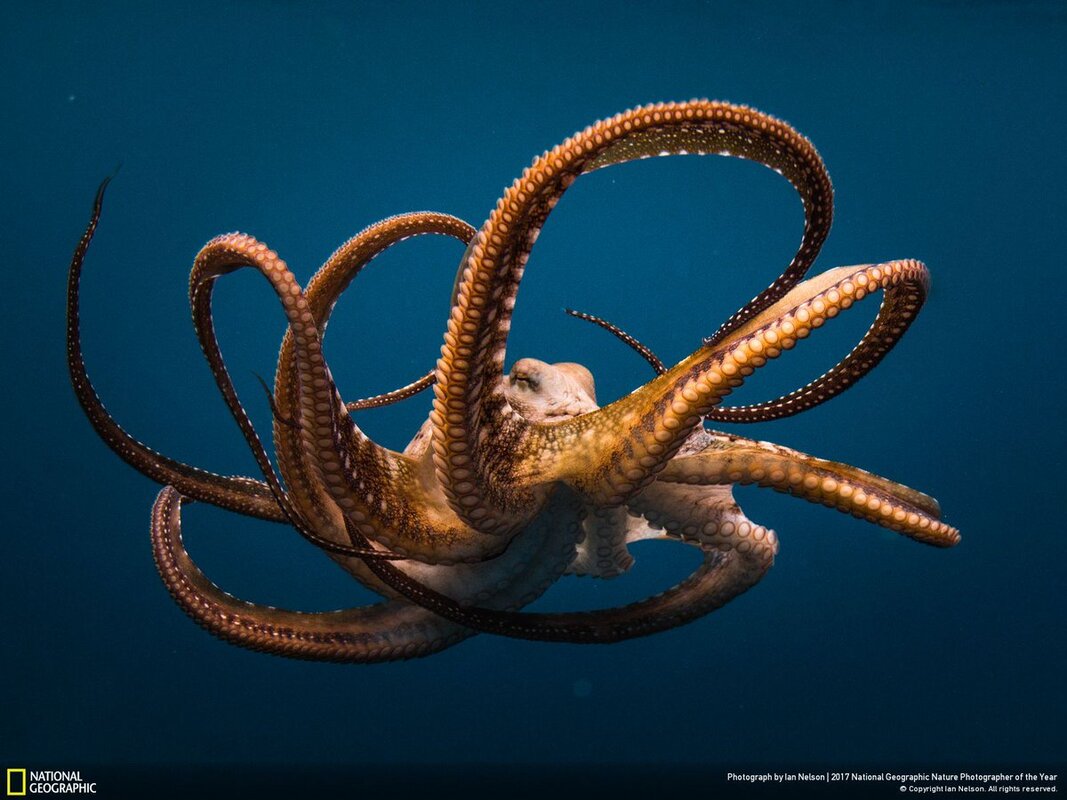
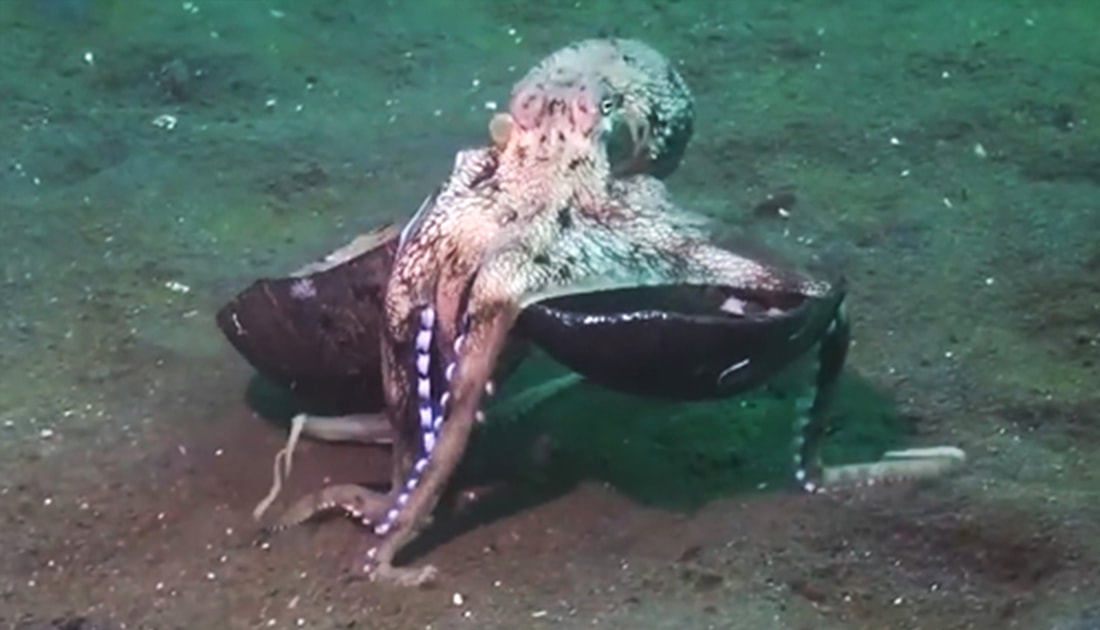
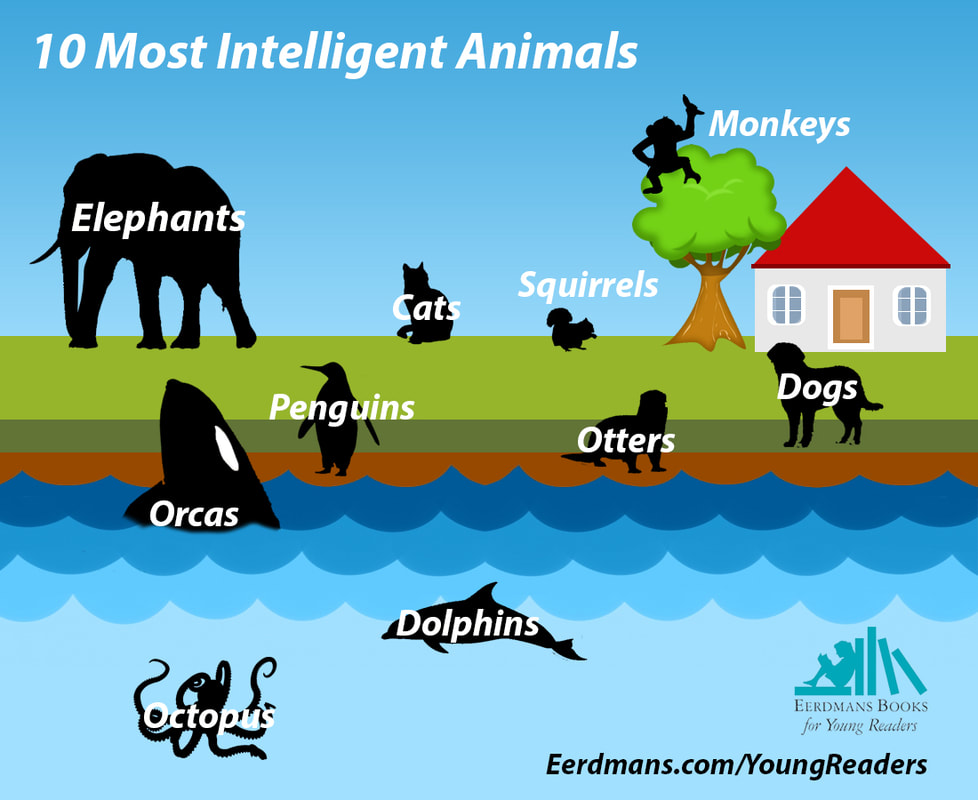
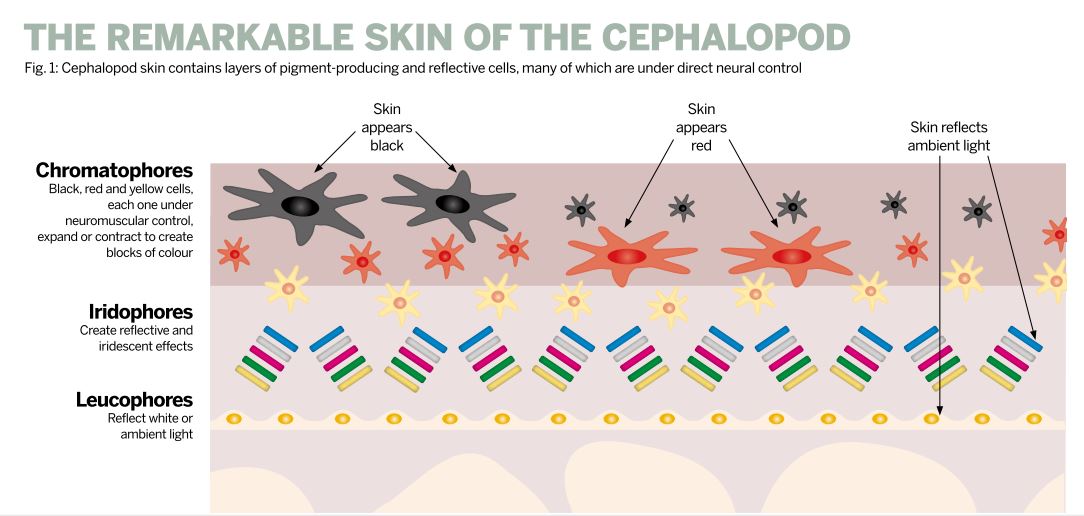
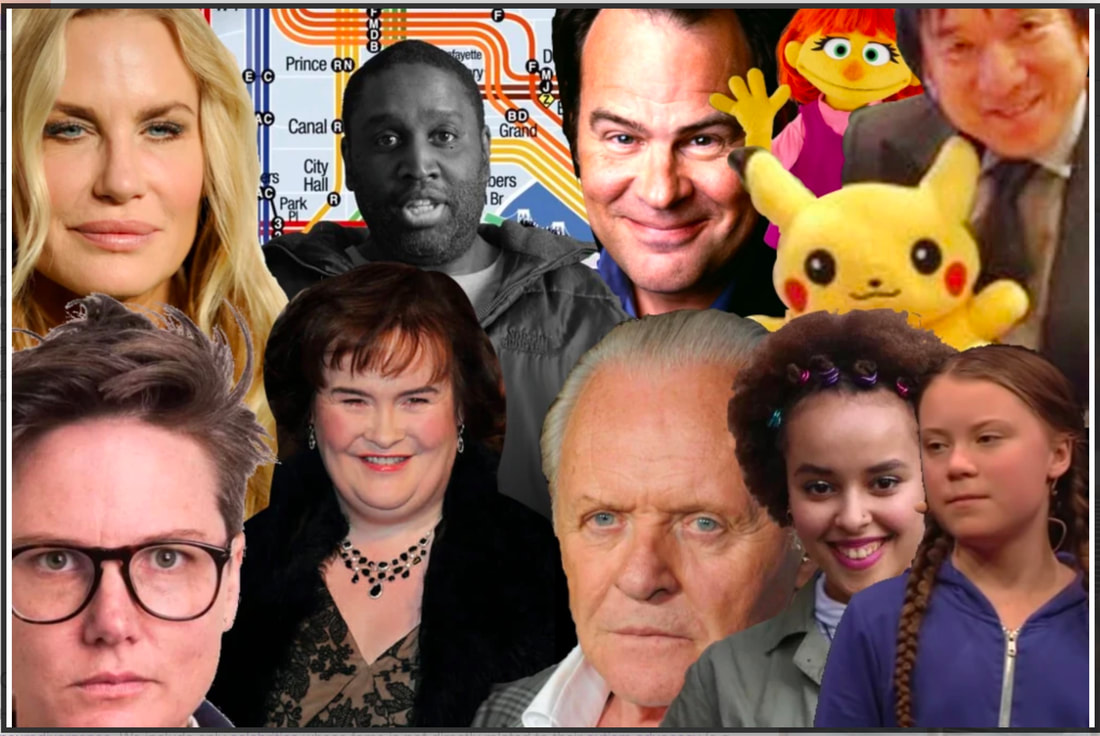

 RSS Feed
RSS Feed
